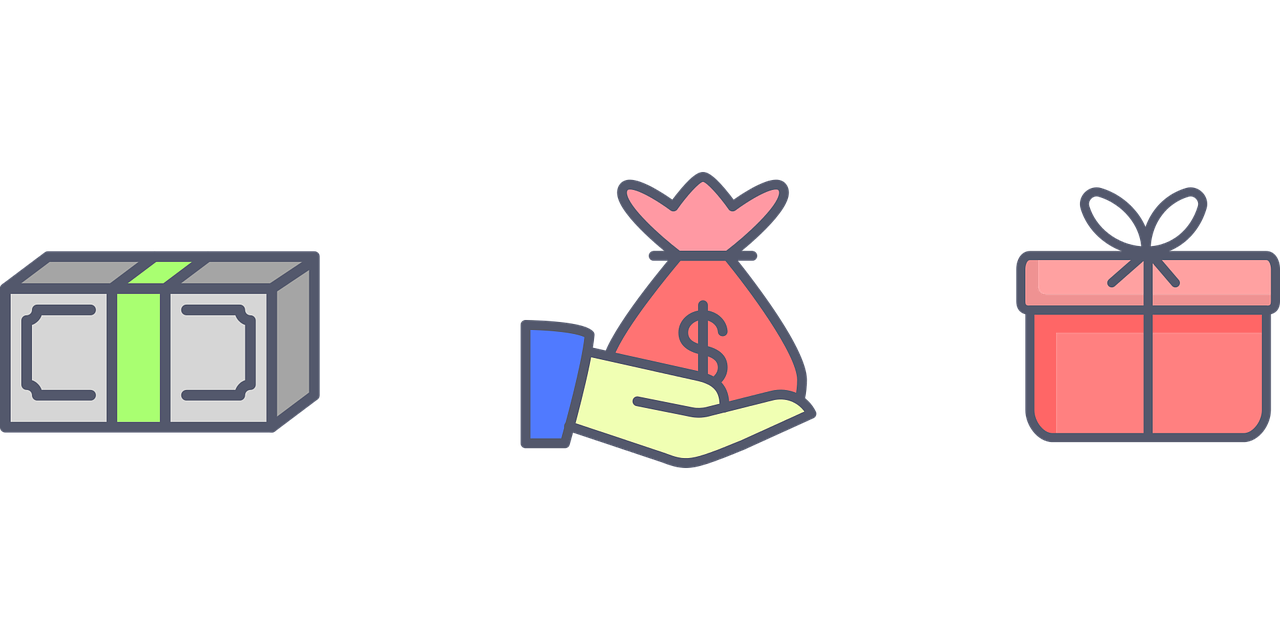The Issue with Paycheck Protection Program (PPP) for Small Businesses

Written by Tony Munter
You may have seen articles and editorials about fraud in the Paycheck Protection Program (“PPP”) and wondered why so little has been done. One report says the program gave out $14 billion in fraudulent loans?
Mostly I believe, the terms to obtain the loans are vague and relatively few loans involved enough money to those who could actually pay anything, so almost nobody is going to get sued over it.
However, a fluke in the law may provide an opportunity for the Government to fight fraud, because they are certainly going to have to deal with the Tax implications of PPP loan forgiveness for companies that got the money legitimately.
Let me say this is not tax advice, I’m not a tax lawyer and I don’t intend to start to be one. You want the name of a good accountant I can send you one.
But here’s the deal.
A PPP loan forgiven, itself is not taxable income.
However, the IRS says a business cannot deduct expenses they normally would from any taxable income they earn when they use those expenses, to obtain non-taxable income including a PPP loan forgiven…. This is going to mean a huge hit to small businesses.
How does this work? You took a $1M loan. You spent it all on salaries you had a lousy $500K in income. You think you owe nothing to the IRS.
Surprise! now you owe taxes on $500K, which you thought you did not because you thought you deduct the salaries from income, like you usually do when you have $3 Million in income from your successful business. Hey you are happy to pay taxes on profit. The $1M kept you in business and the 500K was nice but…
So now you have to come up with serious cash money even though your business is already in big trouble and the PPP money kept you afloat?
Businesses have to pay this if they have a reasonable expectation of getting that loan forgiven. (Even if they have not applied to receive forgiveness of that loan yet!)
Business people, even ones with smart accountants who advised them of this, are about to be shocked and owe tax money they did not expect to have to pay when they thought they were getting free money, because everyone everywhere was saying it was free money.
Except it isn’t.
We all know this can’t really happen. Can it? Somebody is going to have to do something about this or risk putting a lot of small businesses out of business by April.
If the IRS is going to alter its view and make an exception to the general rule set up to prevent people from deducting loan interest to buy tax free municipal bonds for example, we should support it 100%. What’s the point of the PPP loan forgiveness if it winds up putting small businesses out of business at this point?
However, this does provide an opportunity for a new certification to be required. One that could fight fraud in the PPP.
You want to 1. Get the tax free money and 2. Still deduct business expenses from any other income?
That is fine with me, in fact more than fine with me. If that kept a business alive and employees employed I don’t want that business to think twice about it. Maybe they bought a car they used in the business too? If they kept their employees I don’t really care. Put in a fudge factor of some percentage forgiveness too for all I care.
If they lied to get the money or lied in spending it, lied mind you, that’s different.
It will still be difficult to bring a case of fraud against anyone who took PPP loan money, and nobody wants any part of any case that does not scream fraud.
We all want small businesses to get the money and be in business. What good is keeping a small business alive in a pandemic to put it out of business with a tax bill just as we get out of it. A dead business pays no taxes again.
But fraud is fraud. If it’s fraud we should have a way to fight it and if so this appears to be a way. A reasonable new certification actionable under the FCA should be drafted. Maybe those that otherwise would apply for the forgiveness will pay the loan back instead. No harm no foul I can live with it.
Those that committed some kind of fraud to get or the money and kept it, should have to pay.
Here’s the chance to write a fair regulation that was missed in the rush to get the dough out the door.
Maybe the money can be used to go out to more PPP loans and help more small businesses employ some more people.













